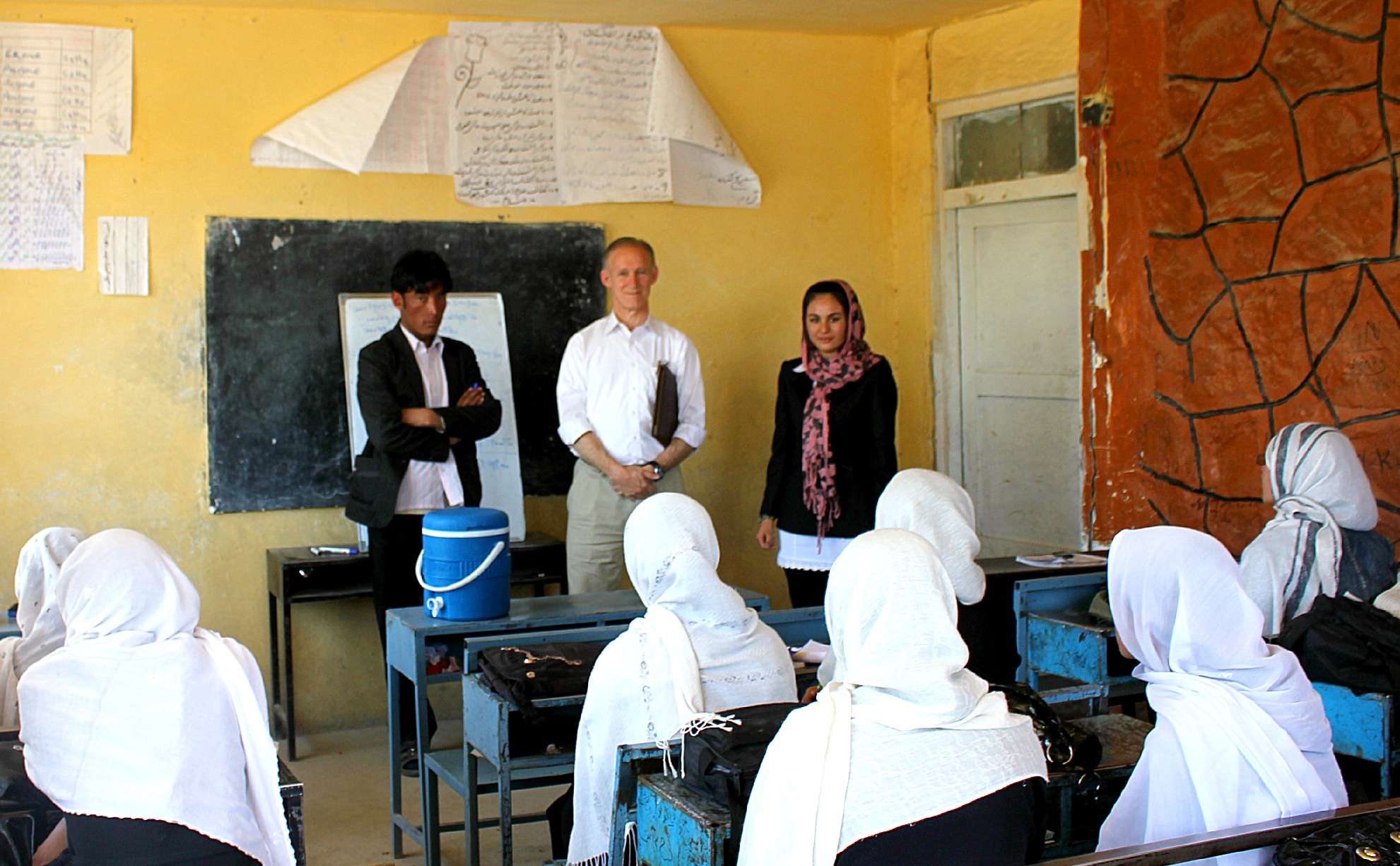 Before I plunge into what I want to share from my class with Mahgul last week, I’d like to start by offering some context. Right now, in India, a range of events, both political and social, have created fractured segments of divided opinions. In some instances, people who disagree do so respectfully, and don’t have a personal dimension to their dissent to the ideas of someone they are close to. In a majority of instances, dissent has taken a personal turn – almost to the point of mudslinging and insulting the other’s intellect for professing an opinion.
Before I plunge into what I want to share from my class with Mahgul last week, I’d like to start by offering some context. Right now, in India, a range of events, both political and social, have created fractured segments of divided opinions. In some instances, people who disagree do so respectfully, and don’t have a personal dimension to their dissent to the ideas of someone they are close to. In a majority of instances, dissent has taken a personal turn – almost to the point of mudslinging and insulting the other’s intellect for professing an opinion.
In my last session with Mahgul, relying on weak internet at a hotel room in Bangalore, I had a very insightful and powerful exchange. We should have been doing our reading, but slow internet at Mahgul’s end refused to let her download the file. We shifted to a speaking lesson, and I heard a few voices behind her. Mahgul told me that her sister Hosi and her friend Salma were with her, and I asked if she’d be up to engaging in a debate with them. Since Hosi was busy with sending out an email, Salma piped up and got onto the debate. I asked the both of them to pick a side on the topic “A woman leader will be the most effective for the future of Afghanistan.” Salma picked for, and Mahgul chose against.
I chatted with Hosi in the two minutes that Mahgul and Salma took to prepare for their speech. She was an eloquent young woman with a very powerful sense of articulation. She asked me what I thought of the people of Afghanistan, and I told her without sparing a moment that I had the greatest respect and love for them, and I had never met more peaceloving people than my friends from Afghanistan. She laughed a beautiful laugh of joy and mirth – and told me that she hoped for this from more people.
Mahgul and Salma came on, next, and Salma went first with her debate. In a nutshell, she told me that a woman leader would be very effective for Afghanistan – if a woman could manage a household, run it on limited money, deal with challenges and demands of divergent opinions, nothing could stop her from running the show as the leader of a nation, and she especially added that a woman could bring peace sooner than a man could, and could get things done sooner than a man could. Mahgul came on next – and said that her choice of going against the motion had more to do with the surrounding climate than with the inherent capacity of a woman. She said that a woman makes a fantastic leader – but in a country where a woman is mandated to cover herself and stay away from strange men, being a leader would put her right in the line of fire before strangers, and in pursuit of protecting herself from her vulnerability, a woman might be distracted from the chores of leadership and its many rigours. She also said that Islam required a woman to be veiled. Salma came on again and said that a woman is not bound to veil herself completely by Islam, and that one should give it a clearer interpretation. Even if she is, she can still interact with other people with herself veiled. Nothing stops a woman from being an effective leader. Mahgul then came on and said that she agreed with Salma, but also said that it can’t always be the case with everyone – those women who can take on the challenge and are willing to, are going to be effective leaders thanks to their courage.
I was awed at their dignity in the exchange. Not for a moment did either get personal. Though Salma and Mahgul both relied on religious tenets, there wasn’t a moment when one questioned the other’s perception of a common faith or dubbed it dubious. Finally, when Mahgul agreed with Salma, I asked her how she chose to agree on one point, though it was a debate. She left me with a very important message: “It is good to agree on what is agreeable, but it is important to be respectful about disagreeing.”



0 Comments